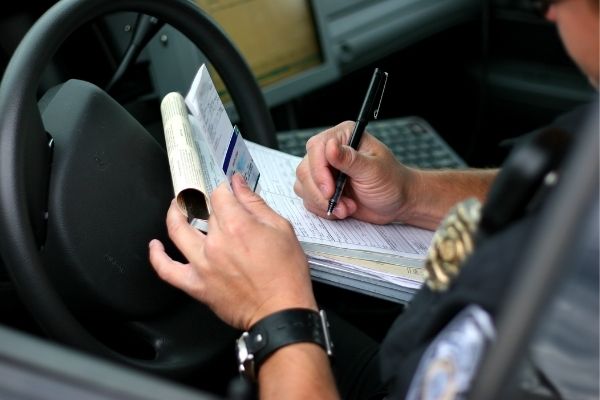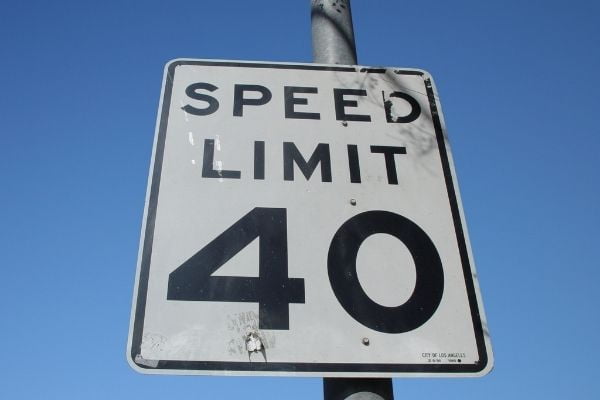Want Us To Contact You?
St. Charles Speeding Ticket Lawyer
Skilled and Results-Oriented Negotiator in St. Charles and Lincoln Counties
Missouri implements 2 types of speeding laws – a basic speeding law and absolute speeding limits. Both issue different penalties and occur under different circumstances. If you have been issued a speeding ticket, it is advisable to consult a speeding ticket lawyer to determine your next steps, whether you have been cited under the basic speeding law or for violating an absolute speeding limit. Wayne T. Schoeneberg provides all clients with personalized time and attention, and he will sit down with you to hear what results you are looking for so he can integrate this into your legal strategy. While you work on your mental and emotional recovery, Attorney Schoeneberg will handle your legal troubles.
Do not stress about something as solvable as a speeding ticket when you have Wayne T. Schoeneberg .
Call (314) 708-1000 or contact the firm online today.

Missouri’s Basic Speeding Law
Missouri’s basic speeding law requires all motorists to drive at a speed that does not endanger the property or life of another – that is, drivers must drive at a reasonably safe speed. What is considered “safe” will naturally depend on the circumstances, but a driver must exercise reasonable discretion to evaluate what is safe. For example, driving 55 miles per hour might be safe on a sunny day; on a dark and rainy day that creates slippery roads, however, driving 55 miles per hour may be a dangerous speed, thus violating Missouri’s basic speeding law.
Violations of Missouri’s basic speeding law are Class B misdemeanors, and ticketed drivers could face up to 6 months in jail and up to $1,000 in fines.
Absolute Speeding Limits
Alternatively, Missouri also implements absolute speeding limits that may be applicable to speeding violations. While the basic speeding law does not establish a specific speeding limit, Missouri does establish absolute speeding limits in certain situations. More specifically, driving any faster than the following limits (not an all-inclusive list) could result in a speeding ticket under the absolute speeding limit law:
- 70 miles per hour on rural interstates and freeways;
- 65 miles per hour on rural expressways; and
- 60 miles per hour on interstate highways, freeways, and express in urban areas.
Absolute speed limits will generally be posted, so drivers will be expected to know the limits.
Violations of an absolute speed limit are Class C misdemeanors that carry up to 15 days in jail and up to $750 in fines. The penalties may decrease to the infraction level, though, if a driver only exceeds an absolute speed limit by 5 miles per hour or less.
Points On Your Driving Record
In addition to the above jail time and fines for speeding violations, drivers may also accumulate points on their driving record. The penalties for excessive speeding in particular are 3 points to the driver’s record. Be aware that accumulating a certain number of points within a specified timeframe can lead to license suspension or revocation:
- License suspension (8 points or more within 18 months):
- 1st suspension – 30 days
- 2nd suspension – 60 days
- 3rd suspension – 90 days
- License revocation for 1 year:
- 12 points or more within 12 months
- 18 points or more within 24 months
- 24 points or more within 36 months
Resolve Your Ticket with Wayne T. Schoeneberg
Speeding tickets can carry significant consequences, depending on the circumstances of the violation. While some may be argued down to infractions, others could be misdemeanors with heavy fines. There are different ways to resolve your speeding ticket, such as appearing in court or simply paying the ticket fine. However, in serious situations it is possible to argue for dismissed charges. This is where an experienced speeding ticket lawyer like Wayne T. Schoeneberg steps in, who can help you plead to a lesser non-moving traffic violation or show that the officer who issued your ticket is not appearing for the court hearing.

